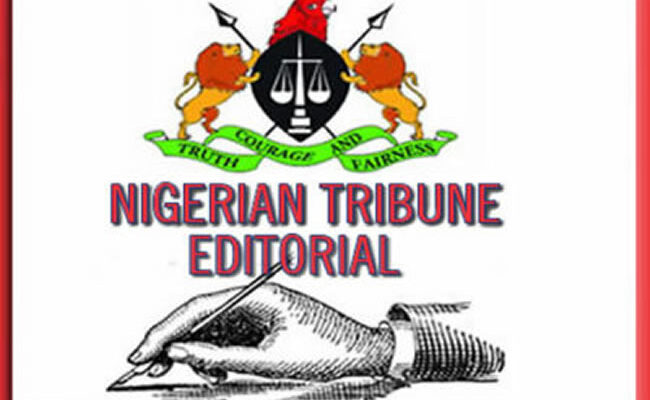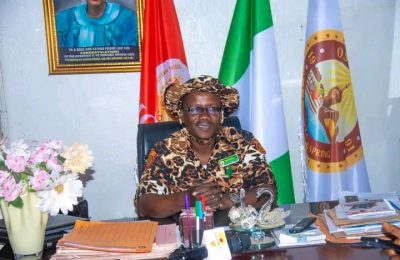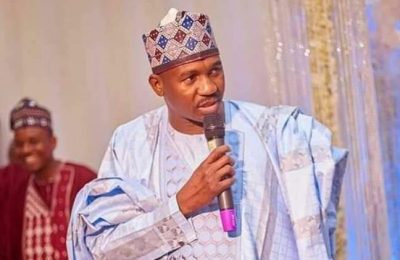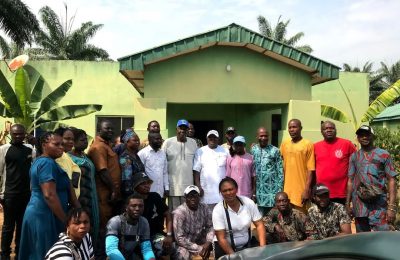

THE August 4, 2024 broadcast by President Bola Tinubu stoked controversy in the polity. The broadcast, which came on the heels of the #EndBadGovernance protest that recently rocked the country, led to dissenting reactions by states. In particular, the president’s claim that his government had disbursed more than N570 billion to subnational governments led to insinuations that, rather than focus on him, Nigerians should look towards their governors as the source of their suffering. This further drew a wedge between the governors and citizens plagued by President Tinubu’s economic policies. Apparently stung by the welter of criticisms of the president’s policies, the Presidency had funneled a substantial part of the blame to the states.
Reacting to the president’s claim, the governor of Nasarawa State, Abdullahi Sule, said his state did not receive the so-called “hardship grant” from the Federal Government. Sule said: “That money came from the World Bank and that was the second disbursement which came in November last year. The sum was credited to the account of every state sometime around January.” On its part, the Abia State government labeled the Federal Government’s claim as “vague.” The Oyo State governor, Seyi Makinde’s own renunciation came via the publication of a newsletter. In it, he said: “I responded to a question from a concerned citizen of Oyo State regarding the claim that the Federal Government ‘gave’ states over N570 billion as some kind of ‘hardship fund’ for citizens. I was queried about what I used the money for. Let me state categorically that this is yet another case of misrepresentation of facts. The said funds were part of the World Bank-assisted NG-CARES project. The World Bank facilitated an intervention to help states in Nigeria with COVID-19 recovery. CARES means COVID-19 Action Recovery Economic Stimulus. It was called Programme for Results because states had to use their money in advance to implement the programme. After the World Bank verified the amount spent by the states, it reimbursed them through the platform provided at the federal level. The Federal Government did not give any state money; it was simply the conduit through which the reimbursements were made to states for money already spent.”

Not surprisingly, the Presidency, sought to walk back the president’s claim. Senior Special Assistant to the President on Media and Publicity, Temitope Ajayi, acknowledged that the fund in question was a World Bank loan, and not a grant, deploring the attempt to make an issue of whether the money came in the form of a grant or a loan. His words: “The point, as clearly stated in the president’s broadcast, is that the states got money…The fact is states are getting needed support and funding to improve the lives of the people. The World Bank facility is guaranteed by the Federal Government because every multilateral loan must have a sovereign guarantee. This means the loan will be repaid by the Federal Government in case the sub-nationals are unable to.”
From the accounts by both parties, it is incontrovertible that the N570billon referenced by the president in his speech was a loan from the World Bank. The fact of the matter is that the loan was negotiated by the Nigeria Governors’ Forum (NGF) under the chairmanship of the then Governor Kayode Fayemi between 2021 and 2022. The total sum was $750m, a refund for an independently agreed and verified expenditure. To be sure, all loans given by multilateral institutions are guaranteed by the Federal Government, the sovereign and statutory member of the World Bank. However, the responsibility of paying the present loan is that of the state governments, with the funds deducted at source. Therefore, it is almost impossible for a state to default in payment. Strangely though, in his broadcast, President Tinubu gave no indication that it was not his government that initiated the loan in question, and he never called it a World Bank facility. Second, the Federal Government’s so-called basis for guaranteeing the repayment of the loan is the Sovereign Wealth Fund, which belongs to the federation rather than the Federal Government. That makes President Tinubu’s insinuation that the N570 billion was a gift to the states spectacularly horrendous. The Federal Government’s tepid attempt to explain away an egregious falsehood just cannot fly.
Going forward, we enjoin the Federal Government, which collects almost 53 percent of the national revenue, to be more open and accountable to the people. In our view, a presidential broadcast should be devoid of disputable facts. In purveying falsehood just to appear benevolent to the people, the president took Nigerians for granted. To be sure, Nigerians need to hold the 36 states which jointly collect about 26 percent of the national revenue to account. But trying to stampede them into doing so is a devious tactic. The Presidency’s attempt to explain away a blatant falsehood was totally uncalled for. In any case, the macro-economic policies that landed Nigeria in its current quagmire, including the precipitate removal of fuel subsidy and floatation of the naira, were the Federal Government’s, not the states’. The idea of pretending that the Federation Account is the property of the Federal Government is insidious.
Then there is the controversy over the amount of crude oil being produced daily by Nigeria. While the president announced in the broadcast that oil production had increased to 1.61 million barrels per day, the Organisation of Petroleum Exporting Countries (OPEC), in a report a few days ago, disclosed that Nigeria’s average daily crude oil production had increased to 1.3 million barrels per day (bpd). Both claims referred to the same period and OPEC credited the Nigerian government as the source of its data. Presidential speech writers should be on top of their art at all times in order to avoid unnecessary controversies and embarrassing gaffes.
The foregoing should, of course, not be construed as giving the state governors a pass. The governors must be more open and transparent in the conduct of the affairs of their states. Certainly, a timely and sustained disclosure of the loan and its expenditure would easily have closed the gate against the inexactitude in the president’s broadcast.
Read Also: FG launches $1.2bn initiative to transform healthcare








